Area: Safety and Standardisation
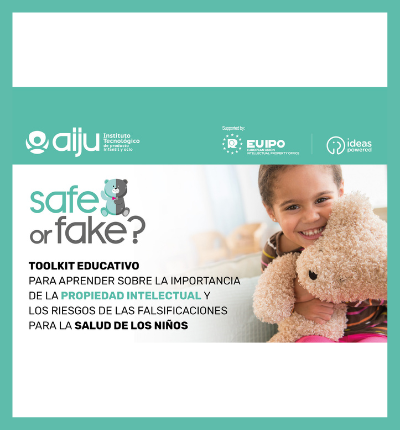
SAFEorFAKE Toolkit
The SAFEorFAKE? Toolkit is a project led by AIJU with the support of the European Union Intellectual Property Office (EUIPO).
View more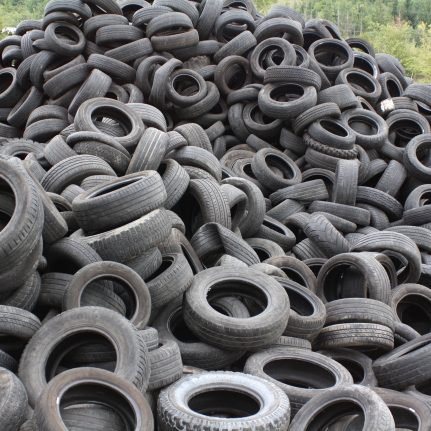
PAHSS “Evaluation of the impact of the new regulations on impact attenuating playground surfacing made of recycled materials and improvement of its toxicological properties.”
The main objective is to determine and evaluate the presence of toxic substances in the materials coming from recycled tyres and that are used as raw materials in play areas and/or sports fields, and how it is modified during the manufacturing and ageing process due to use and weather conditions, both controlled (indoor use) and not (outdoor use).
View more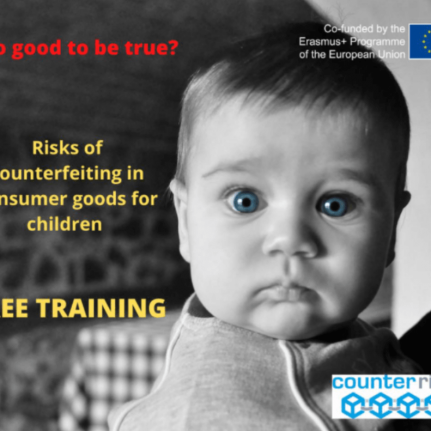
“New skills to face the risks of counterfeiting in consumer goods for children” CounterRisk European Project
European CounterRisk project “New skills to face the risks of counterfeiting in consumer goods” Counterfeit products are harmful to both companies’ economy and consumers’ health. In the case of children’s products, counterfeiting seriously impair health of the most vulnerable consumers, children. The EUIPO’s “Qualitative Study on Risks Posed by Counterfeits to [...] View more
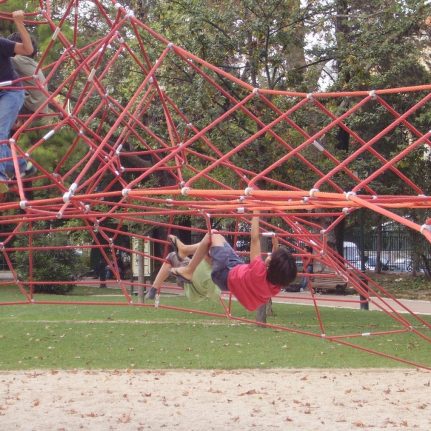
SAFERPLAY. Innovative training on design, installation and maintenance of safe and challenging play areas
SAFERPLAY is a European project, funded by the European Commission's Erasmus+ program, whose main objective is to develop a BOC (Baged Open Course) on innovative training in the design, installation and maintenance of safe and challenging play areas. [...] View more
Financed


Evaluation and improvement of the braking test in toys
Current European regulations on toy safety demands a series of requirements for braking systems on toys that support the weight of the child. The requirements mandate that these toys include braking devices, where it is not demonstrated that they can be used effectively in practice by children of the ages at which they are aimed. [...]
Read More... from Evaluation and improvement of the braking test in toys
View more
Research on the effects of toxics aromatics amines in child products
The aromatics amines are organic substances constituted by a group -NH, NH2 or nitrogen attached with aromatics hydrocarbons whose structure normally contains one or various benzene ring. [...]
Read More... from Research on the effects of toxics aromatics amines in child products
View moreFinanced
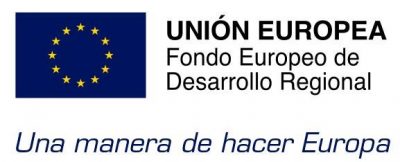


Development of formulations for reducing the incidence of polyaromatic hydrocarbons (PAH) in raw materials for children’s products
The aim of this project is to investigate how to reduce the incidence of these unwanted substances and so that these raw materials may be suitable for use in children's products. [...] View more
Financed


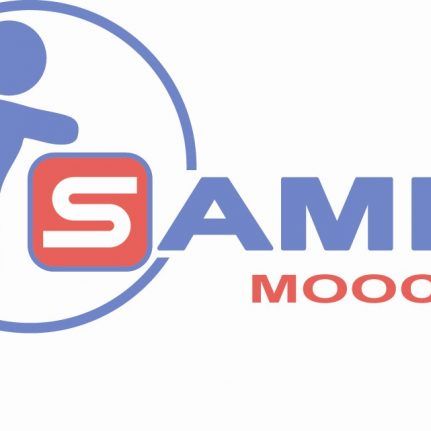
SAMNIC “Training on Safety Assessment and Management for New and Innovative Children’s Products”
The main objective of SAMNIC is the development of an innovative tool called MOOC, intended to give training on safety of children’s products both to technical staff of this industry, especially in SMEs, and staff at consumer associations [...] View more
Financed


Critical substances to be monitored in the footwear and toy industries: new methods of analysis and optimisation of methodologies – CONTROLTEST
In order to comply with current legislation and evaluate exposure to chemical substances from consumer articles such as toys and footwear, new methodologies are being developed to assess migration of Cr (VI), Cr (III), organo-tin compounds and formamide content in components of toys and existing methodology is being revised on aromatic amines and formaldehyde in leather materials to verify the safety of leather in the footwear sector. [...] View more
Financed



SASAM – Support for Standardisation in Additive Manufacture
The aim of the project is the integration of the opinions of all the parties interested, or stakeholders, in Additive Manufacturing to establish the Technology Map required and thus to contribute, along with CENELEC, to the implementation of the bases required for the standardisation of these technologies. [...]
Read More... from SASAM – Support for Standardisation in Additive Manufacture
View moreFinanced
